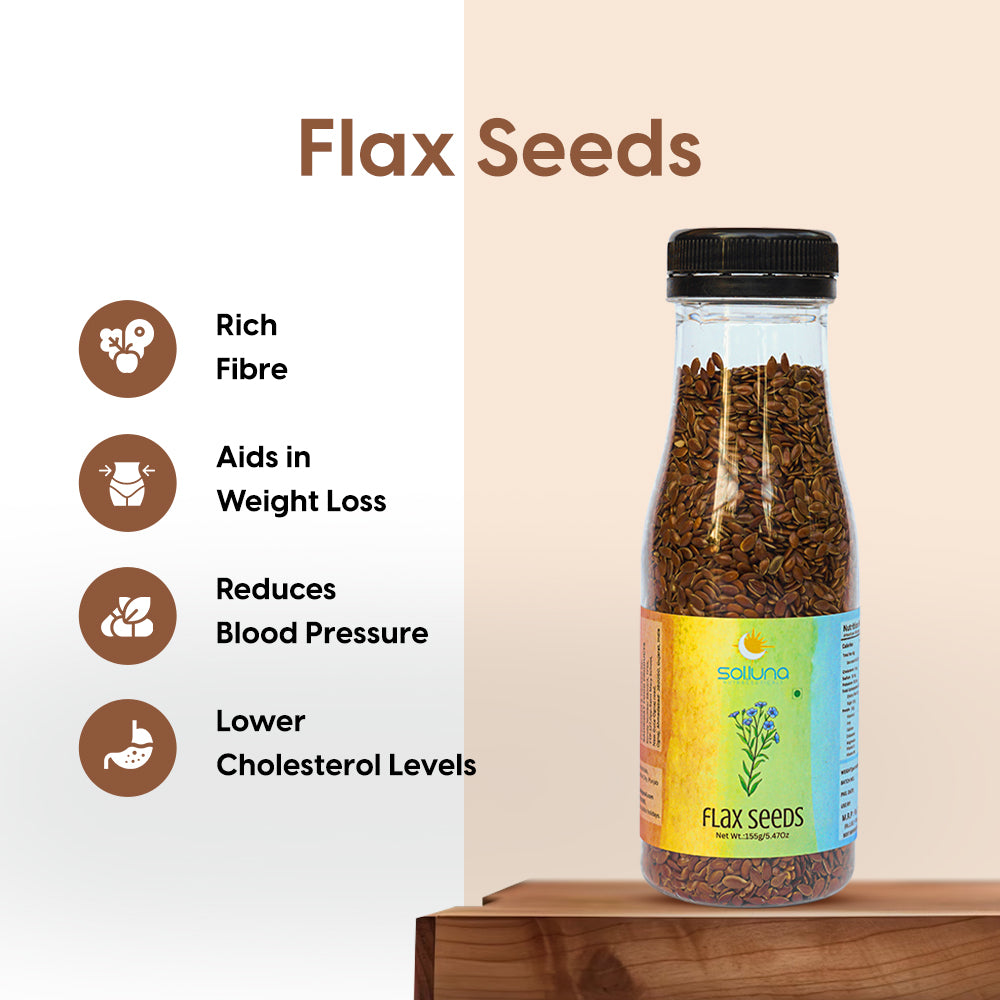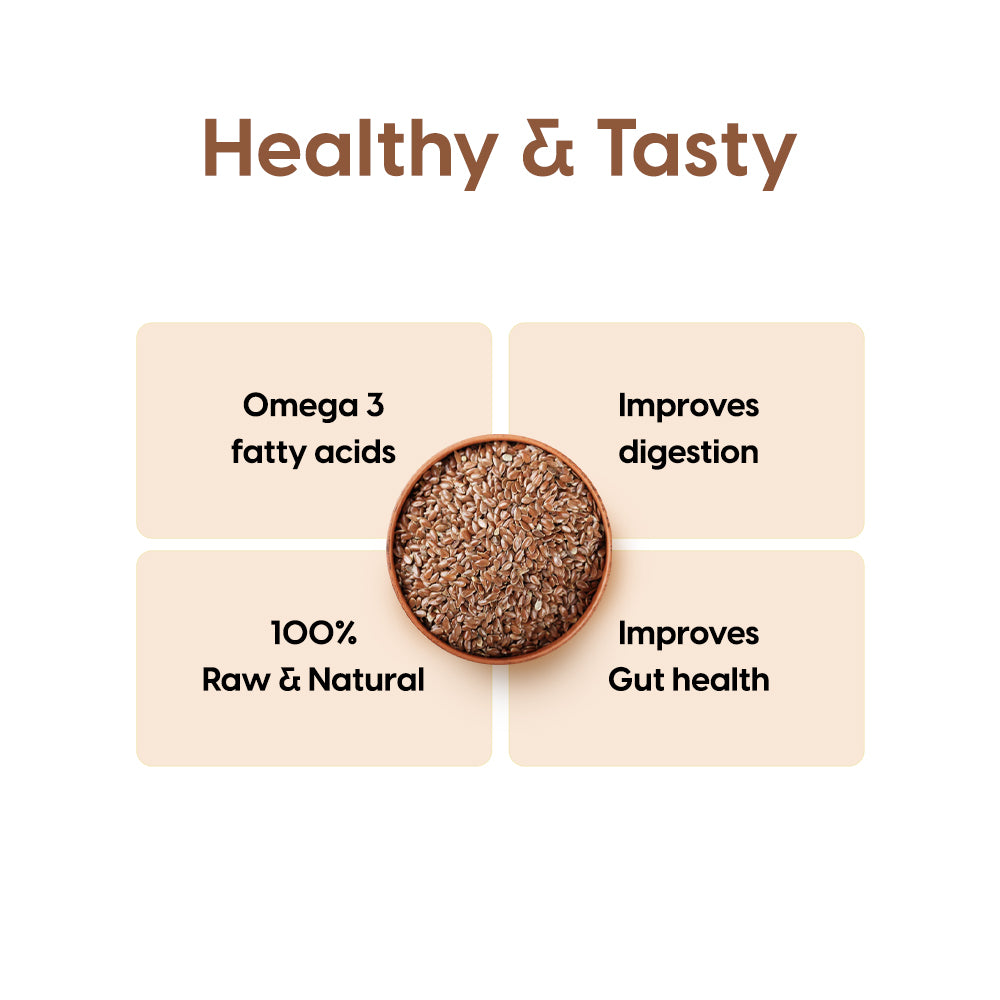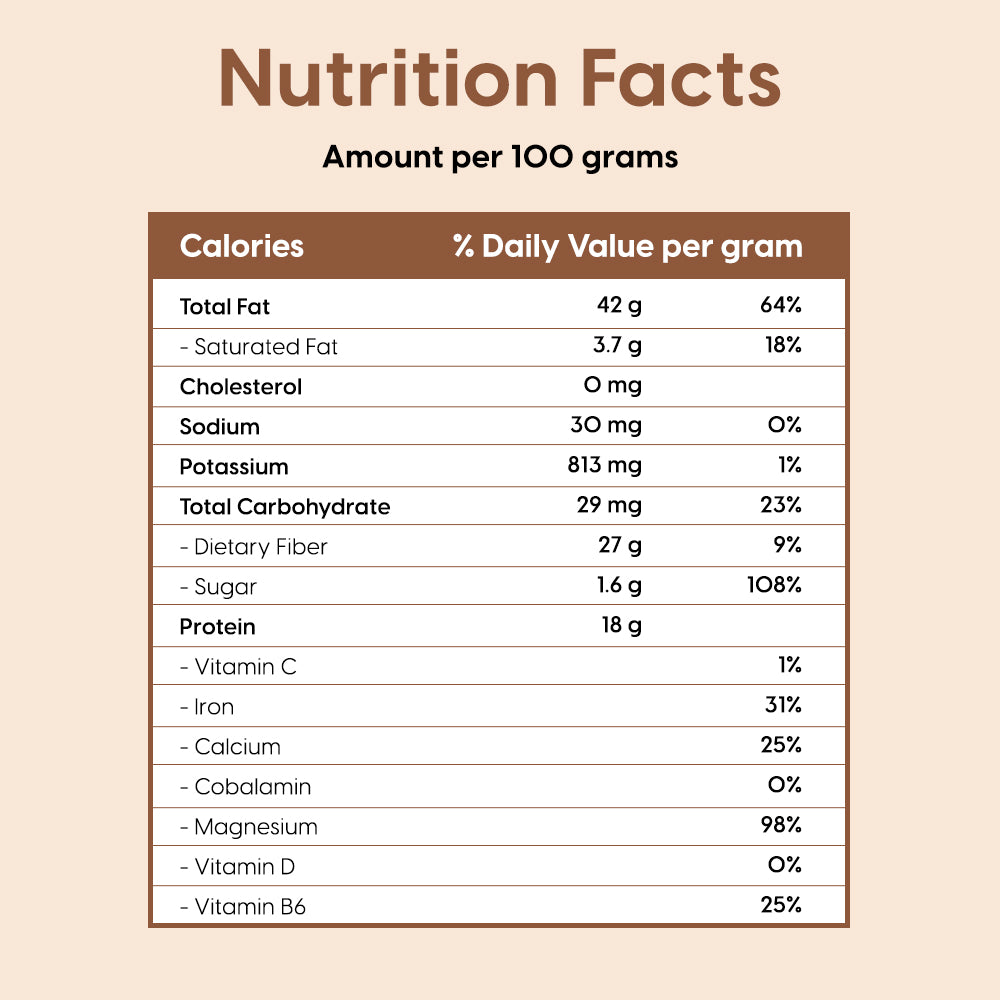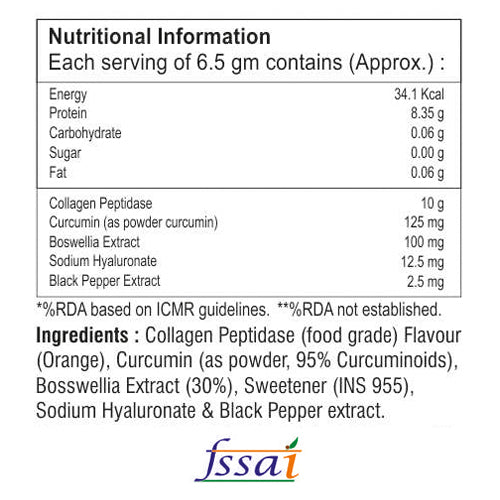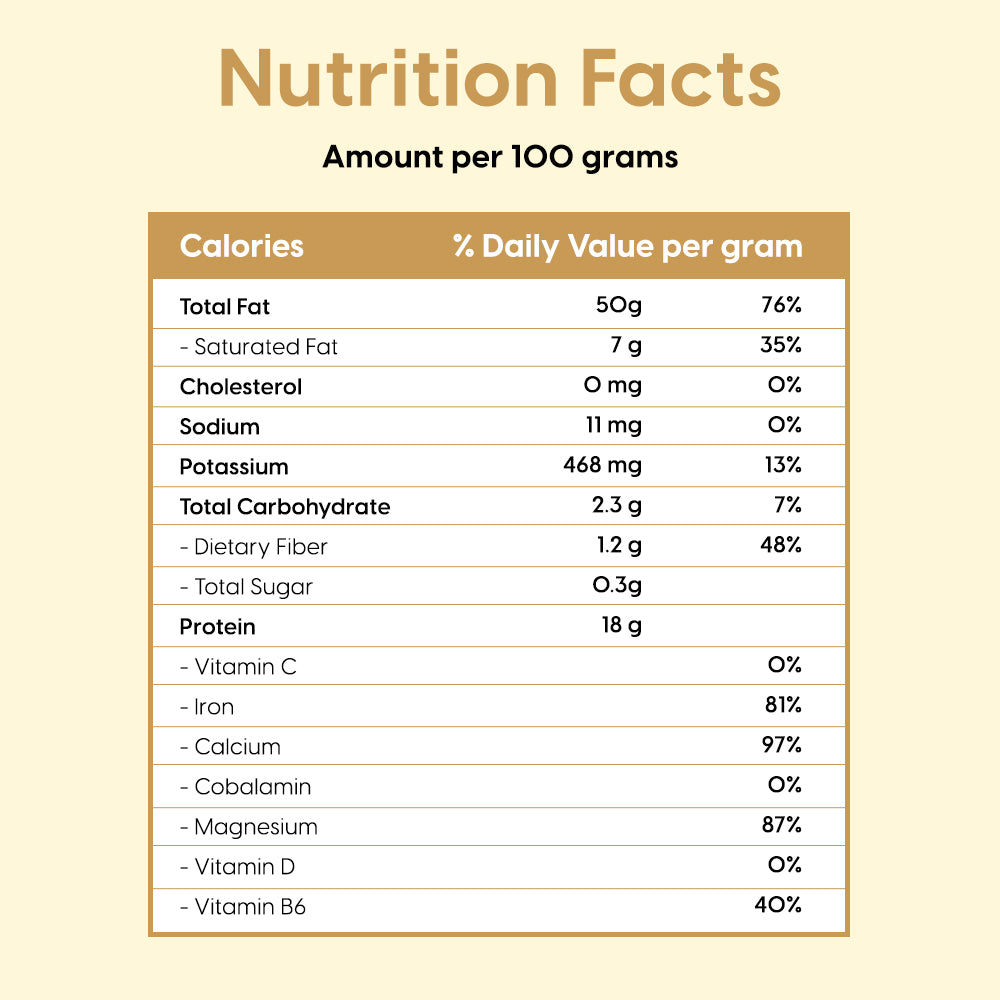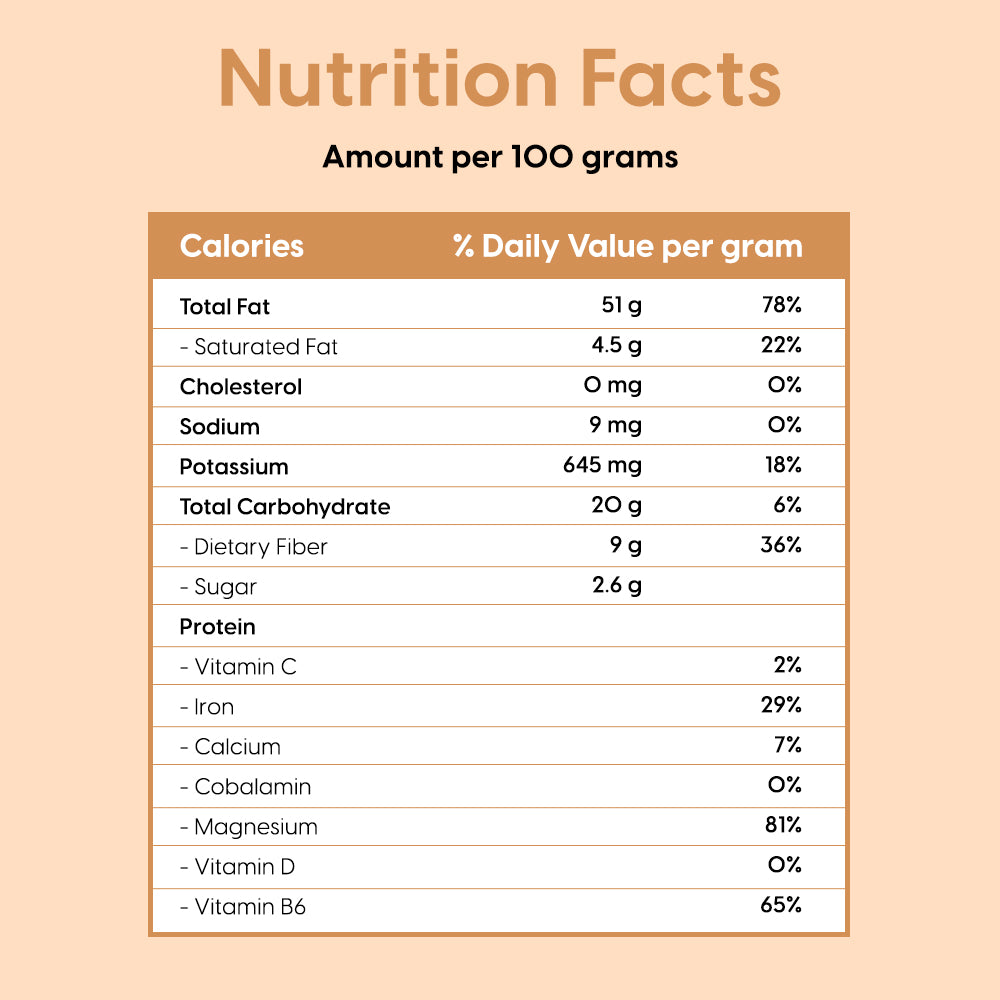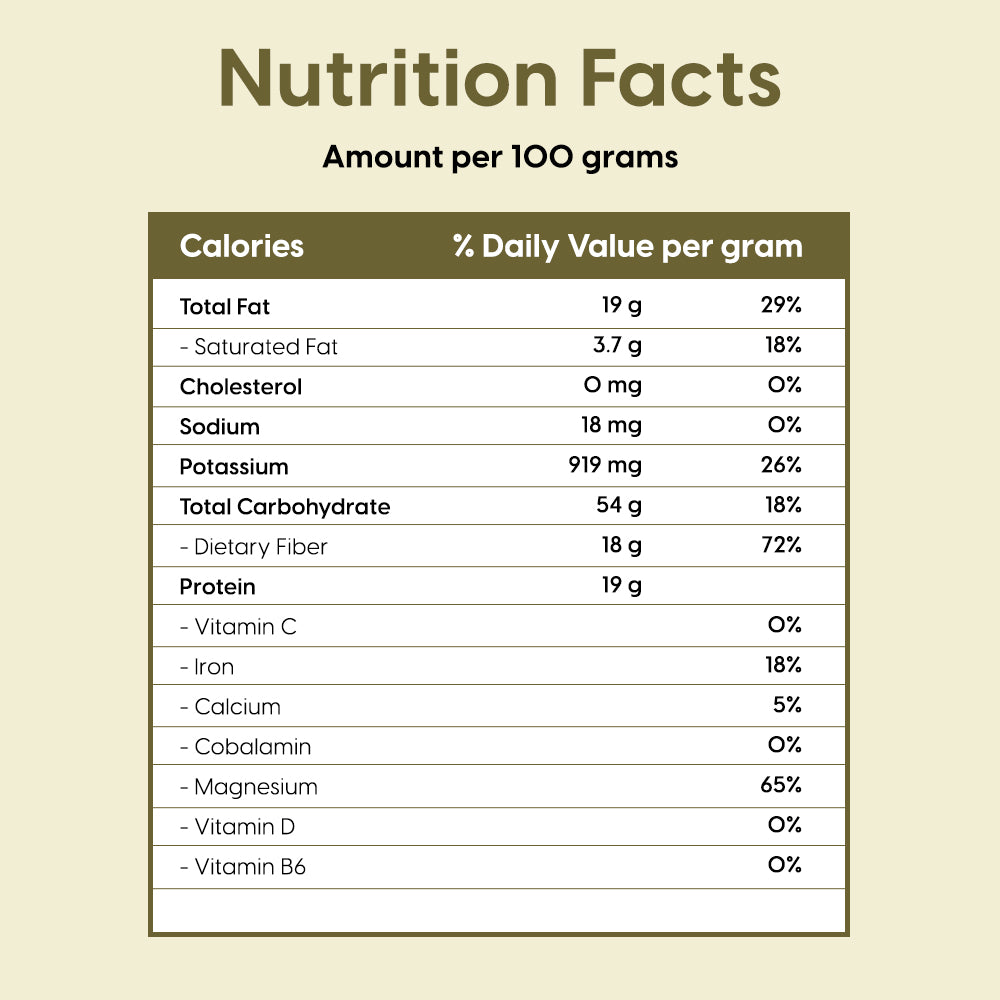#Frequently Asked Questions
1. How does the high fiber content in flax seeds contribute to a healthy diet?
Flax Seeds are rich in soluble and insoluble fiber, promoting digestive health by preventing constipation and supporting a healthy gut. Including flaxseeds in your diet can contribute to overall well-being.
2. Can flax seeds aid in weight loss?
Yes, flax seeds can be beneficial for weight loss. The combination of fiber and omega-3 fatty acids in flaxseeds can help promote a feeling of fullness, reducing overall calorie intake and supporting weight management.
3. How do flax seeds contribute to reducing blood pressure?
Flax Seeds contain alpha-linolenic acid (ALA), an omega-3 fatty acid that may have a positive impact on blood pressure. Including flaxseeds in a heart-healthy diet may contribute to the maintenance of normal blood pressure levels
4. Can flax seeds help lower cholesterol levels?
Yes, the soluble fiber in flax seeds, particularly mucilage gum, can bind to cholesterol and help eliminate it from the body. Regular consumption of flaxseeds may contribute to lowering LDL (bad) cholesterol levels.
5. How can flax seeds be easily incorporated into daily meals?
Flax Seeds have a mild, nutty flavor and can be easily added to various foods. Sprinkle ground flaxseeds on yogurt, cereals, or salads, or incorporate them into smoothies and baked goods for a nutritional boost.
6. Are there any considerations for consuming flax seeds, such as allergies or dietary restrictions?
Flax Seeds are generally well-tolerated, but individuals with allergies to seeds should exercise caution. It's advisable to start with small amounts and monitor for any adverse reactions. Additionally, for optimal nutrient absorption, it's recommended to consume ground flaxseeds rather than whole.




